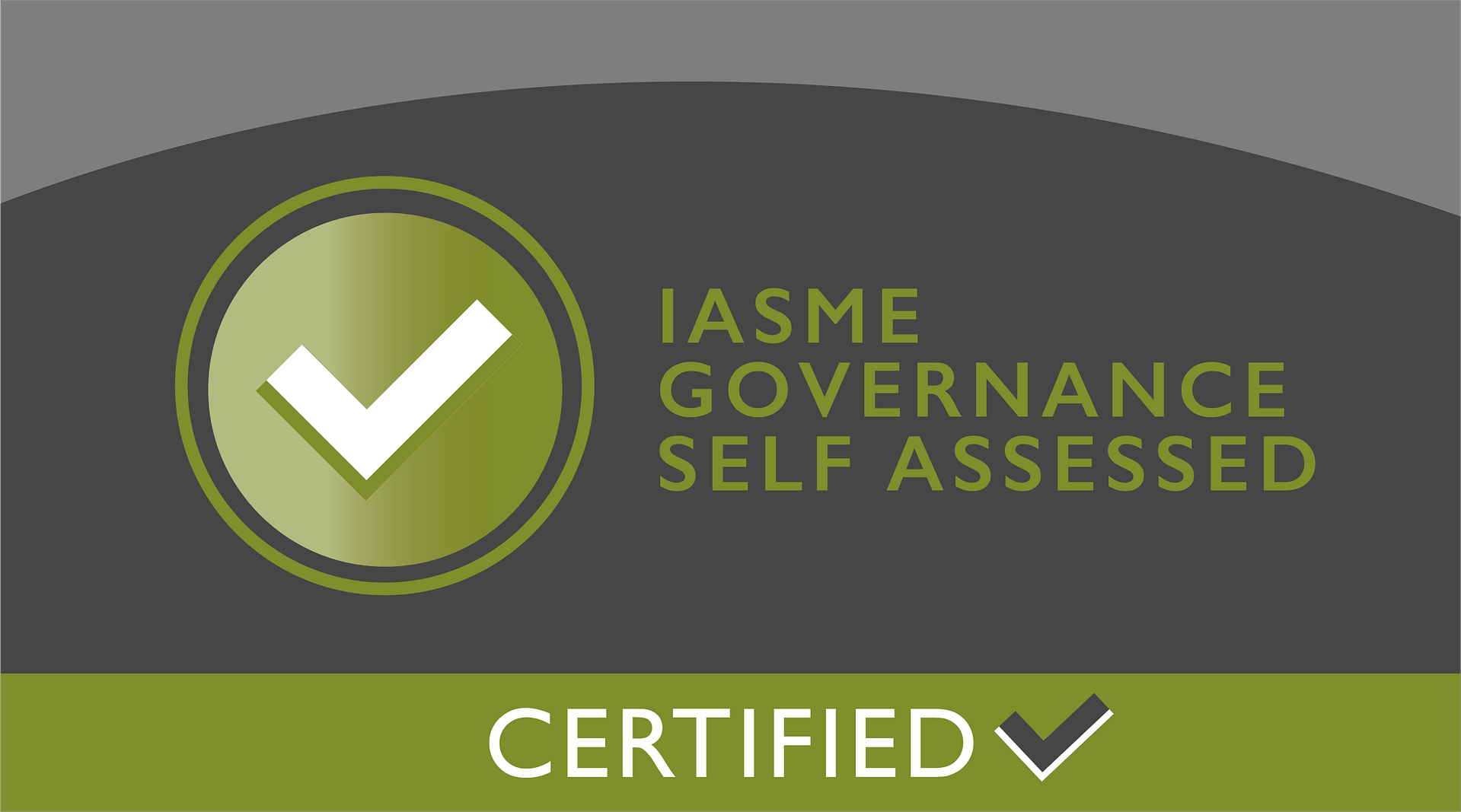Throughout history, great leaders have faced turmoil and turned it into inspiration. Composing: being flexible, fluid, continuous, even improvisational – is how we will move forward.
In the competitive environments of today, businesses need to continuously evolve, innovate and re-invent themselves to succeed. Business leaders and IT teams have immense pressure to keep up with the speed of change.
Business leaders are more dependent on technology than ever before to achieve their organisations goals. Whether it’s the chief marketing officer who needs to better engage with customers or the HR manager who needs to attract the right talent based on their organisational dynamics, technology-as-a-service allows these business leaders to quickly address their needs.
As cloud adoption grows, companies have more and more resources – applications, data and services – residing on different platforms. These days, it’s not public versus private. It’s both. It’s cloud and conventional IT.
Hybrid is the new normal. According to the IBM Centre for Applied Insights Research, more than 7 out of 10 enterprises surveyed will have a hybrid environment by the end of this year.
There are many definitions of the cloud: private, public, on-premises, off-premises, managed, self-service, physical, virtual and more. Being able to integrate and provide a seamless experience across these views of infrastructure-as-a-service, the cloud allows the IT manager to meet the fast changing demands of the business.
There’s really no physical barrier for a business to scale up its cloud-based business to meet customer need as fast as the market demands. This is an absolutely enormous opportunity for businesses.
Flexibility, adaptability, scalability: those are the capabilities that cloud brings to bear. It is the ability for software and services to grow with your business. Sometimes that means automatically adjusting to changes in demand or workloads.
“Cloud allows business to be more agile in how it responds to changes in the market.”
Cloud gives companies what they need, where they need it and how and when they want it. It is the foundation of the ‘composable business‘; it allows relentless innovation at speed.
Composable means modularity
Composable business means creating an organisation made from interchangeable building blocks – organisational resilience via the principles of composable business are a key feature of a successful organisation in 2021 and beyond.
Composable business is a natural acceleration of the digital business that we live every day. It allows us to deliver the resilience and agility that these interesting times demand.
We’re talking about the intentional use of ‘composability’ in a business context — architecting your business for real-time adaptability and resilience in the face of uncertainty.
The pandemic highlighted vulnerabilities in businesses models that for years focused on efficiency. Organisations that were once efficient suddenly became fragile at a time when they needed to be flexible. Businesses that were smart pivoted to a more modular setup, creating a composable business. Organisations were prepared for one type of future, but now must plan for multiple futures.
A modular setup enables a business to rearrange and reorient as needed depending on external (or internal) factors like a shift in customer values or sudden change in supply chain or materials.
The 4 principles of composable business
The idea of composable business operates on four basic principles:
-
More speed through discovery
-
Greater agility through modularity
-
Better leadership through orchestration
-
Resilience through autonomy
This type of thinking enables a business to survive, and even flourish, in times of great disruption. From a technical perspective, this type of composability is not new to CIOs. It exists in familiar technology. But, it is a new, or perhaps ignored, idea for a CIO’s business counterparts and board of directors. Composable business requires a foundational change in business thinking, architecture and technology.
The building blocks of composable business
The three building blocks of composable business are:
- Composable thinking, which keeps you from losing your creativity. Anything is composable. When you combine the principles of modularity, autonomy, orchestration and discovery with composable thinking, it should guide your approach to conceptualising what to compose, and when.
- Composable business architecture ensures that your organisation is built to be flexible and resilient. It’s about structure and purpose. These are structural capabilities – giving you mechanisms to use in architecting your business.
- Composable technologies are the tools for today and tomorrow. They are the pieces and parts, and what connects them all together.
When combined with the principles, the building blocks of composable business enable organisations to pivot quickly. For example, an appliance manufacturer pivoted from making dishwashers and wine coolers to distributing critical medical equipment during the pandemic. The company flexed beyond its core competencies, listened to what customers needed at the time and used its platform to move from an idea to a product launch.
“The building blocks of composable business enable organisations to pivot quickly.”
The more these composable business ideas are integrated within your business model, the more flexibility and agility your organisation will have. That means faster response time and more consistency in execution for this new type of business setup.
Leverage existing technologies
Organisations that embraced – and continue to embrace – the building blocks and principles of composable business were able to successfully leverage existing digital investments and, the best-case scenario, accelerate investment.
These strategies will help organisations handle the global industry-wide volatility that will continue well into next year.
Key opportunities for CIOs
Look for the “moments of composability” and seize the opportunity they present. These moments could be geopolitical, like the pandemic and global recession, but they could also be societal, such as a change in consumer attitude. These are moments in which business leaders must recognise the need for an immediate change in the organisation or risk having the business falter or fail.
Talk to one of our team today to learn more about our capabilities; how we’re bringing people, business and technology together; and what this means for you.






